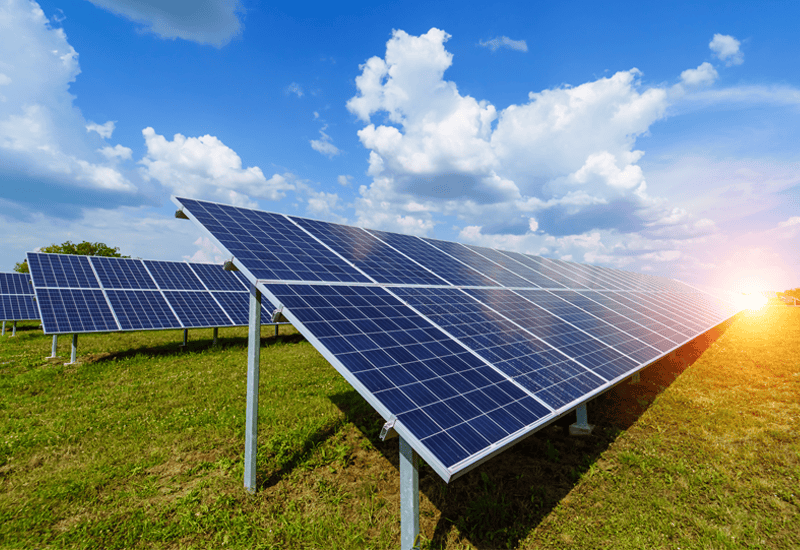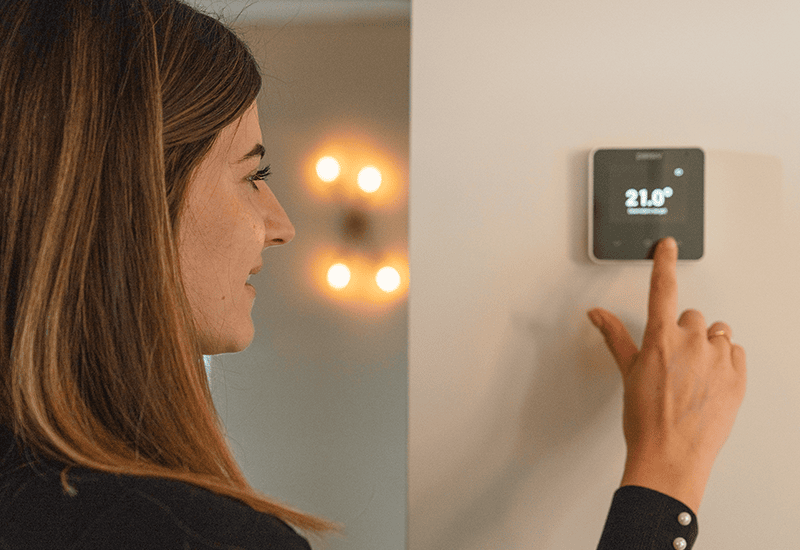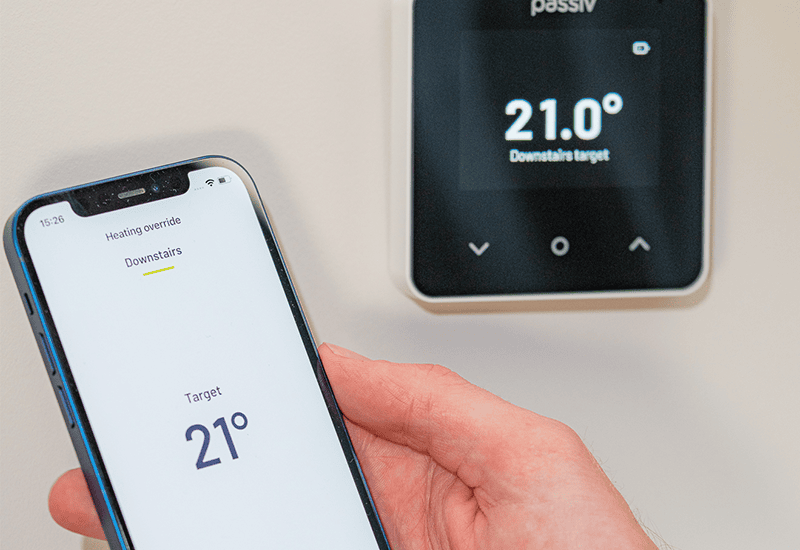In July, National Grid released their Future Energy Scenarios for 2023. This is an annual report which outlines a number of different ways in which the UK energy system could evolve up to 2050 – the point at which the government is legally obligated to achieve net zero emissions.
There are four different scenarios, each taking into account the breadth of the UK energy system:
- Consumer Transformation: High levels of consumer engagement with a willingness to adapt behaviour and change patterns of energy consumption
- System Transformation: The underlying energy systems are adapted for net zero, including a transition from natural gas to low-carbon hydrogen
- Leading the Way: A best of both worlds mix, where the public adjust their behaviour with the underlying energy systems changing at the same time
- Falling Short: Not enough action is taken on any level and net zero targets are missed
In three of these scenarios, the UK manages to reach net zero emissions by 2050. In Falling Short, net zero is missed, resulting in 178 mega tonnes of CO2 continuing to be released per year into 2050, down from 417 mega tonnes in 2022. The most effective carbon reduction scenarios involve high levels of consumer engagement with the public adapting their energy usage to support net zero.
For every scenario in which net zero is achieved by 2050, heat pumps and hybrid heat pumps see significant uptake, with up to 23 million installed in the UK under Consumer Transformation. This uptake is supported by a number of factors, including improved government support, easier access to installation, greater use of time of use tariffs and increased participation in Demand Side Response (such as the Demand Flexibility Service). Currently, heat pump uptake is running behind track and will miss government targets of 600,000 annual installations by 2028.
This year’s report found that a key factor that can drive heat pump uptake is a reduction in running costs, most notably from an increase in efficiency. By improving the Coefficient of Performance, the same comfort levels can be achieved while using less energy. The Coefficient of Performance is a measure of heat pump efficiency calculated as the ratio between the electricity consumed and heat output by the heat pump. The FES states that improving heat pump efficiency by just 10% could result in a 15% increase in heat pump uptake by 2028.
The Passiv Smart Energy Platform and heat pump controls can increase the efficiency of a heat pump by 17%, as independently verified by the Energy Savings Trust. Passiv controls increase the efficiency of a heat pump by optimising the flow temperature. Passiv uses patented machine-learning algorithms to construct a model of how a home loses heat. The controls use this model alongside local weather forecasts to meet the setpoint requirements of the home with the lowest possible flow temperature. The Passiv controls can deliver further energy bill savings by optimising the heat pump according to time of use tariffs and on-site renewable generation.
The Future Energy Scenarios suggest that by utilising the Passiv controls to improve efficiency, heat pump uptake can be boosted by at least 15%, driving progress towards the electrification of heat and the ongoing path to net zero in the UK.
You can read more about National Grid’s Future Energy Scenarios here.



